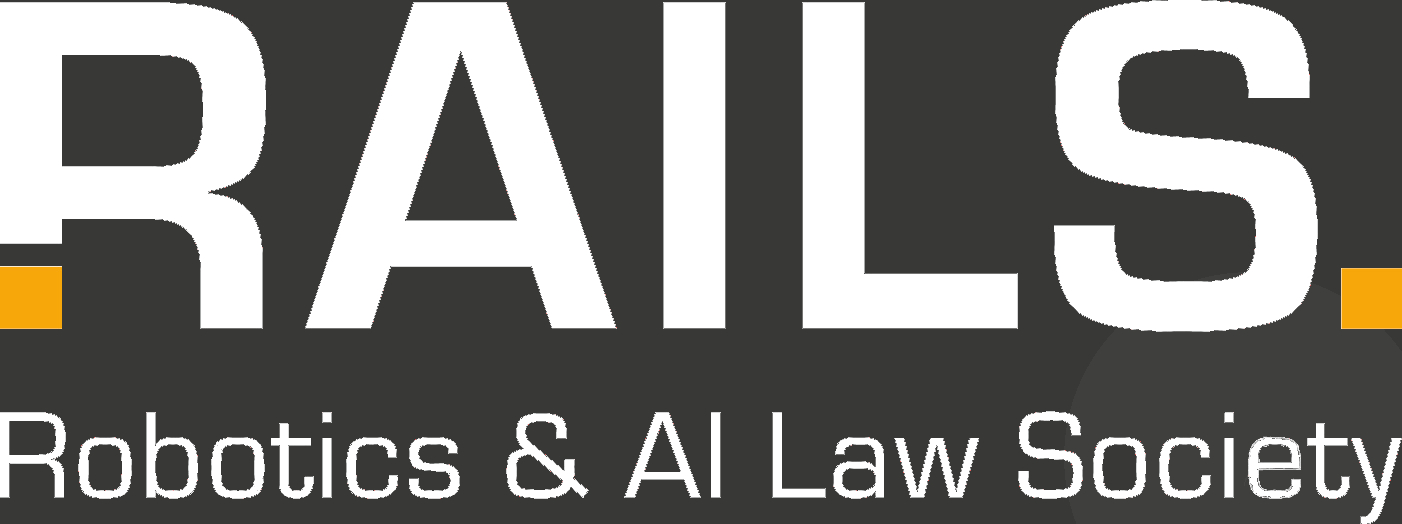Robotics is a rapidly growing field with the potential to revolutionize many industries, from manufacturing to healthcare. In manufacturing, robots can work tirelessly without breaks and perform repetitive tasks with precision and speed, increasing productivity and reducing costs. In healthcare, robots can assist with surgeries, dispense medication, and even provide therapy to patients. However, as robots become more advanced and integrated into our daily lives, it raises important questions about decisional privacy.
An article by Habibe Deniz Saval
The ability of people to act and make decisions about their lives without unjustified interference from others is referred to as decisional privacy, This concept has become even more essential with the rise of robotics. As robots become more advanced and integrated into our daily lives, they can collect, analyze, and use large amounts of personal information. This raises concerns about how that information is used, shared, and protected and how it may impact individuals’ ability to decide about their own lives with autonomy. Additionally, as robots become more prevalent in our homes and workplaces, there will be an increased need for regulations and guidelines to ensure that they do not interfere with our privacy and autonomy.
As such, it’s important to balance utilizing the benefits of robotics and to protect individual rights and privacy. However, how can one reflect this balance to laws? What can help us foresee the future, so we can develop future-proofed laws that can protect our privacy rights without expiration? For a clearer picture, let’s turn to science-fiction culture to understand and foresee how robots may pose risks that affect decisional privacy. For example, the “Black Mirror” episode “Be Right Back” deals with the idea of a digital version of a dead person, created using all the data about them on the internet. The episode raises the question of what happens to our privacy and decisional rights when our data is used to create a digital version of ourselves after we die.
What is Decisional Privacy
Decisional privacy allows individuals to act and make decisions about how they live their lives without unjustifiable interference from third parties. This includes the ability to control the collection, use, and dissemination of personal data and the ability to make autonomous decisions about one’s life and body. Decisional privacy is closely related to autonomy, self-determination, and individual rights. It is vital to a free and democratic society, as it ensures that individuals have the power to make decisions about their own lives, free from outside influence or control. In today’s digital age, decisional privacy is becoming increasingly important as technology advances, and the amount of personal information collected and shared continues to grow.
With artificial intelligence (AI) and robotics, the potential for unjustifiable interference in individuals’ lives is greater than ever. Therefore, we must have robust laws and regulations to protect decisional privacy and ensure that individuals control their personal information and the decisions that affect their lives. Because ensuring that individuals have control over the decisions that are made about them, individual’s autonomy on decisions that they make, and their personal information is essential for maintaining their autonomy and privacy.
Robotics and Decisional Privacy: Navigating the Future with Science Fiction as a Guide
As robots become more advanced and integrated into our daily lives, they have the potential to impact our decisional privacy significantly. On the one hand, robots could be programmed to respect and protect individuals’ decisional privacy, for example, by not collecting or sharing personal information without explicit consent. On the other hand, the increasing reliance on robots in areas such as healthcare, transportation, and security, could lead to a loss of control over our personal information and the decisions that affect our lives. For example, in the healthcare industry, robots could be used to collect and analyze sensitive data, such as genetic information, which could be used to make decisions about an individual’s health without their knowledge or consent. In transportation, autonomous vehicles could collect and share data on an individual’s location and driving habits without their knowledge or consent, potentially leading to unwanted surveillance.
Another example is the concept of “precrime” in Philip K. Dick’s novel “Minority Report.” The story explores a future where police can arrest criminals before they commit a crime, using psychic abilities and advanced technology to predict and prevent crimes before they occur. This concept has been used in discussions about predictive policing, which uses data and algorithms to identify areas or individuals at high risk of crime, raising concerns about civil liberties and bias. The idea of “Precrime” from the novel also shows how the invasion of decisional privacy can cause a totalitarian scenario and a disruption of the idea of a democratic society, although the initial use and purpose of data and technology aims to provide criminal justice. As robots and AI become more advanced, we need to consider how much autonomy we are willing to give them and how we can ensure that their decisions align with our values. This also shows that science fiction reminds us that as we continue to develop robots and AI, we must also consider the implications of their actions and decisions on society.
Recommendations
Although some regulations and guidelines have been put in place to address these concerns, more is needed to protect decisional privacy in the context of robotics fully. The regulations still need to be robust enough to fully address the ethical and privacy issues that arise with the increasing use of automation and robots. In this regard, laws and regulations should clearly define ethical guidelines for robot decision-making, including requirements for transparency, human oversight, and accountability for negative impacts on decisional privacy. For instance, the European Union’s Artificial Intelligence Act (AIA) is the most recent and significant regulatory attempt concerning these principles. It aims to control high-risk AI systems currently in use or anticipated to be in use soon. The proposal outlines goals like safety, legal certainty, the supremacy of the rule of law, and a dependable environment for AI applications in this regard. In addition, homogenous training data sets can be discouraged from being used to avoid inaccurate conclusions about an individual’s character or capabilities based solely on what a robot has “learned” from its interactions with them. Furthermore, laws can require that robots be designed with tools for oversight and control, such as the ability for individuals to opt out of decisions made by robots and to have their input and consent considered.
Furthermore, the rapid pace of technological change in the field of robotics is making it difficult to keep up with the latest developments and ensure that regulations are up to date. Both public and private sector stakeholders should collaborate to develop and implement laws and regulations protecting decisional privacy in robotics. This could include establishing regulatory bodies to enforce guidelines and standards. Hence, laws and regulations must also adapt and evolve as technology advances. It’s essential to have ongoing monitoring and review to identify and address any new challenges to decisional privacy that may arise.
In conclusion, protecting decisional privacy in the context of robotics requires a multi-faceted approach that includes robust data protection laws, transparency, accountability, privacy by design, informed consent, regular audits and oversight, human oversight, public education, and international cooperation. As science fiction has been exploring these issues for decades, it serves as a reminder that as technology advances, it is important to anticipate and address the ethical and practical concerns surrounding robotics and decisional privacy. However, it also warns of the potential consequences of not addressing these concerns, such as loss of autonomy, privacy breaches, and unintended consequences.
“Privacy is a luxury that most of us can no longer afford.” This quote from Isaac Asimov’s novel The Caves of Steel highlights the reality that privacy is becoming increasingly difficult to maintain in today’s society. However, science fiction can be valuable in helping us understand and protect our privacy. Through the exploration of hypothetical worlds and technologies, science fiction can raise awareness of the potential consequences of our actions and the importance of privacy in our digital age. It can also inspire new ideas and solutions for protecting our personal information and maintaining our autonomy in a world that is becoming increasingly interconnected and reliant on technology.
Published under licence CC BY-NC-ND.


